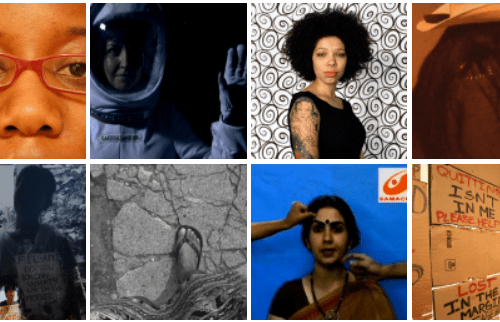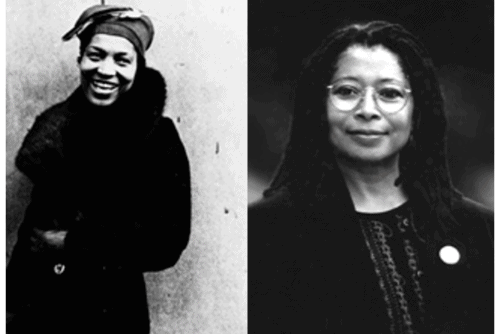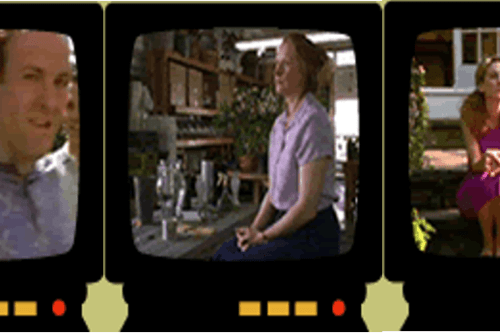Final Thoughts and Future Projections
In his 2008 inaugural speech, Obama said, “We are the ones we’ve been waiting for. We are the change that we seek.” But ironically for African-Americans, and black women in particular, the administration has not been as inclusive of the “we” that we had assumed it would be. Instead, in America’s first black President, we have someone who is paralyzed at the very mention of race, we have someone who is more concerned about appearing partial than providing leadership to a still racially divided nation, and we have someone who is unable to even defend himself in the face of egregious racist slurs, preferring to be “above it all” while letting his political opponents slay his popularity by tapping into the latent xenophobic and racist fears that have long plagued this country. His appointment of Sonia Sotomayor suggested a serious effort at diversifying the government, and immediately following his election, Obama’s appointment of numerous black women to staff and cabinet positions within his administration seemed like the first rewards for the support African-American women gave him. Eleanor Holmes Norton, in speaking of Valerie Jarrett’s authority, euphorically stated, “I’m not sure there’s ever been a black woman who has enjoyed as much of the President’s’s confidence as Valerie Jarrett. She has not been compartmentalized and is used in a variety of ways that I think is a first. The Obama women are a sign of how far we’ve come.” 1 But Obama’s lukewarm and slow responses to the resignation of his Press Secretary and Sherrod’s firing, and the exclusion of black female candidates for Supreme Court consideration, suggest the importance of those early appointments has been forgotten.
Perhaps Teresa Wilz’s idea of trickle-down improvement is shared by Obama. She suggested that the mere sight of these successful black women in Obama’s cabinet will make the notion of an educated, African-American woman less unusual, more mainstream. Based on Obama’s aversion to talking about race, it seems that he is also hoping for the trickle-down effect, but Malveaux is right—we must force the conversation. The Shirley Sherrods, Desiree Rogers’s, the Leah Ward Sears’s and all the other black women who supported Obama in his campaign are ignored at the peril of his political future. If this is truly the post-racial America we were promised in 2008, then qualified black women should be sought for positions of power, and when attacked, should be defended with the same fervor of any presidential appointee. If this is truly a postracial America, there should be no fear or aversion to discussing issues regarding racism at a national level.
In other words, if this is truly a post-racial America, Mr. President, prove it.
- Thompson, “The Ties That Align: Administration’s Black Women Form a Strong Sisterhood,” 1.[↑]



